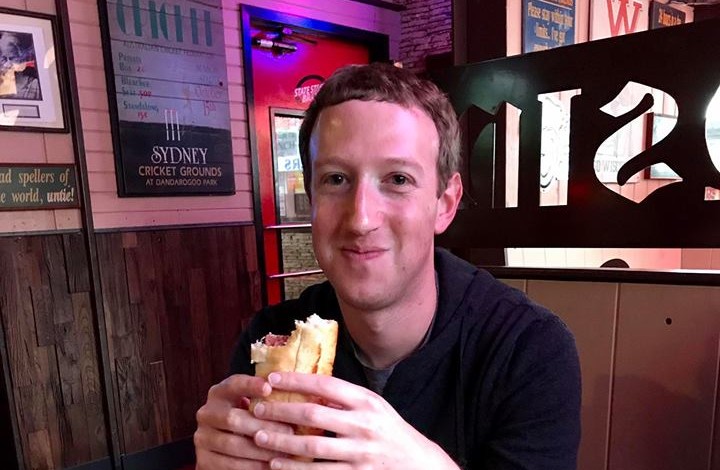Facebook is retracting its sticky fingers and scaling back its data collection machine, but CEO Mark Zuckerberg has revealed the company won’t be rolling stringent data protections rules out any further than required.
April 4, 2018

Facebook is retracting its sticky fingers and scaling back its data collection machine, but CEO Mark Zuckerberg has revealed the company won’t be rolling stringent data protections rules out any further than required.
In an interview with Reuters, Zuckerberg confirmed European Union GDPR is high on the agenda at the firm, but the strict data privacy guidelines will stop at the edge of the European continent. Despite Facebook’s claims it is now taking data privacy seriously, GDPR, considered to give higher protections than current US privacy rules, will not form the standard for the social network across global operations.
Facebook has made its position on data privacy clear; it does not respect or agree with the opinions of the European Commission or the member states of the European Union which have agreed to roll out the regulations to add protections for and give control back to the consumer.
Your correspondent has been quite clear about his opinions on GDPR. While it is well intentioned and the objectives to give more control of digital identities back to the people who make these companies profitable are admirable, it is an impossible task. People have been giving away personal information for too long and to too many people to realistically get control once again. But it is a step in the right direction and should be embraced by those who claim themselves to be advocates.
Facebook has shown its hand. It will obey regulations when forced, but making this stricter approach the norm is just not acceptable. Take into consideration how Facebook makes money; it uses information about you to create more personalised advertising programmes. The firmer bureaucrats have a handle on the data activities of the internet companies, the less money they would make.
Zuckerberg has confirmed GDPR will of course be rolled out in Europe, but not worldwide. Here, Facebook is creating its own rules to govern data activities and privacy principles. It sounds like a brilliant move for the consumer. Facebook has a global audience so it can creates rules for the world, whereas the EU is only concerned about Europeans. Some of the European principles will be taken onto the global stage, but not all of them. Which ones, we don’t know yet.
“We’re still nailing down details on this, but it should directionally be, in spirit, the whole thing,” said Zuckerberg.
Now the PR pitch is over with, let’s be a bit more pragmatic. Facebook will create a privacy structure which suits its own business. It will of course make sure privacy can be maintained but it will be little more than an illusion. There will be enough wiggle room to make money, and make more money in the future. The European Commission does not care about commerce in this case, it cares only about privacy. This does not work for Facebook.
The European Union is considered to have a much more rigorous approach to data protection and privacy than the rest of the world, and much stricter than the US. The protections afforded to European citizens are the reason mechanisms such as the EU/US Privacy Shield exist. If European regulations were the norm Facebook would not have the freedoms it does today. This does not work for Facebook.
Facebook is not a friendly company, and Mark Zuckerberg is not your friend. The company will obey privacy legislation and regulations, and will create its own governance structure to ensure its brand credibility will be maintained, but only to the degree it can still make the billions management have become accustomed to. Facebook is always about money.
But there does seem to be a saving grace. Whether the market is looking at the potential long term consequences of Zuckerberg’s interview with Reuters or it does have a social conscience we’ll leave up to you, but share price has declined by almost 2.5% at the time of writing wiping off more than $10 billion of market capitalisation at the same time.
About the Author(s)
You May Also Like








.png?width=300&auto=webp&quality=80&disable=upscale)


_1.jpg?width=300&auto=webp&quality=80&disable=upscale)


.png?width=800&auto=webp&quality=80&disable=upscale)